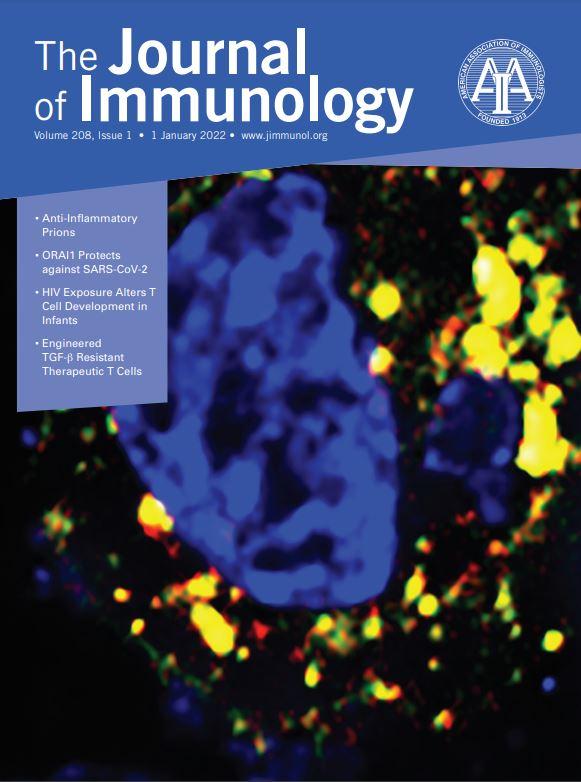
Duke glaucoma specialist Henry Tseng, MD, PhD discovered an important novel function for a gene called Optineurin through a collaboration with an interdisciplinary team of virologists at the University of Illinois Chicago over many years. This gene is associated with glaucoma, amyotrophic lateral sclerosis (ALS) and may play a role in other neurodegenerative diseases such as Alzheimer’s, Parkinson’s, and Huntington’s diseases. This exciting work was reported in two recently published papers in Nature Communications and Journal of Immunology.
Tseng, associate professor of ophthalmology, and his colleagues found that optineurin plays a critical part in neuroinflammatory response and host defense against simple ubiquitous viruses such as Herpes Simplex Viruses (HSV-1 and HSV-2). Specifically, optineurin confers protection for brain cells in the eye and the brain. This function is critical to prevent neurodegenerative changes triggered by viral infections.
These experiments were made possible using a novel transgenic mouse generated in Tseng’s laboratory at Duke Eye Center. In this mouse, the optineurin gene was genetically removed, and thus allowed the research team to investigate how brain cells respond to viral infections without optineurin function.
HSV-1 infections typically cause limited mouth cold sores and superficial corneal eye infections. However, in Tseng’s transgenic knockout mice without the optineurin gene, herpesvirus rapidly spread from the surface of the eye into corneal nerves and finally into the brain. Surprisingly, this neuroinvasive infection resulted in diffuse brain degeneration and animal death within weeks. In sharp contrast, without HSV-1 infection, these transgenic mice can live up to 2 years.
The team also delineated a molecular mechanism and showed that a potential chemical compound can limit neurodegeneration. Further research work is needed to determine its clinical utility.
Because HSV-1 infection is ubiquitous and present in 60-80% of adults, findings in this work may be relevant to many patients with glaucoma and other neurodegenerative diseases. By improving our understanding of how genetic mutations lead to brain cell loss, this their work offers potential novel strategies for developing new treatments for glaucoma, ALS, Alzheimer’s disease, and other neurodegenerative diseases.